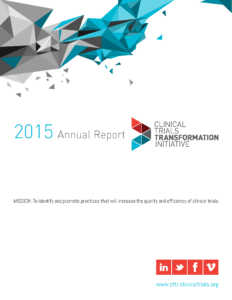In a new article, Dr. Vincent Mor, an NIH Collaboratory investigator, and Dr. Paul Wallace describe the history, current status, and opportunities for funding training in health services research (HSR). While the number of organizations seeking to solve problems with health services research has been expanding, direct government support for HSR is declining. The authors project 5 key challenges for the field and its professional development:
- Formulating and prioritizing research topics
- Whether to use team- or individual-based approaches
- How new data sources, analytic methods, and the need for faster results affect supply and demand for HSR
- Shifts from public to institutional funding and the associated effects on generalizability
- Balancing proprietary concerns regarding data, predictive models, and study results with the need to improve public health and rapidly disseminate information
According to the authors, sustainable solution will involve active collaboration between those who use HSR as a part of decision-making (and will likely pay for it) and those who produce it.
“We believe that the key change needed to productively address the above challenges will be a closer collaboration between HSR users, especially health systems, and academic HSR training programs to work towards producing timely, internally relevant, and externally generalizable knowledge (Mor and Wallace 2018).”
Dr. Mor is a principal investigator for the Pragmatic Trial of Video Education in Nursing Homes (PROVEN) trial, one of the NIH Collaboratory Trials.
Mor V, Wallace P. 2018. Funding the Training of Future Health Services Researchers. Health Services Research. doi:10.1111/1475-6773.12844.
 On April 11, 2022, the NIH Pragmatic Trials Collaboratory hosted a Pre-Conference Workshop, Essentials of Embedded Pragmatic Clinical Trials, at the 2022 Health Care Systems Research Network (HCSRN) Annual Conference.
On April 11, 2022, the NIH Pragmatic Trials Collaboratory hosted a Pre-Conference Workshop, Essentials of Embedded Pragmatic Clinical Trials, at the 2022 Health Care Systems Research Network (HCSRN) Annual Conference.




